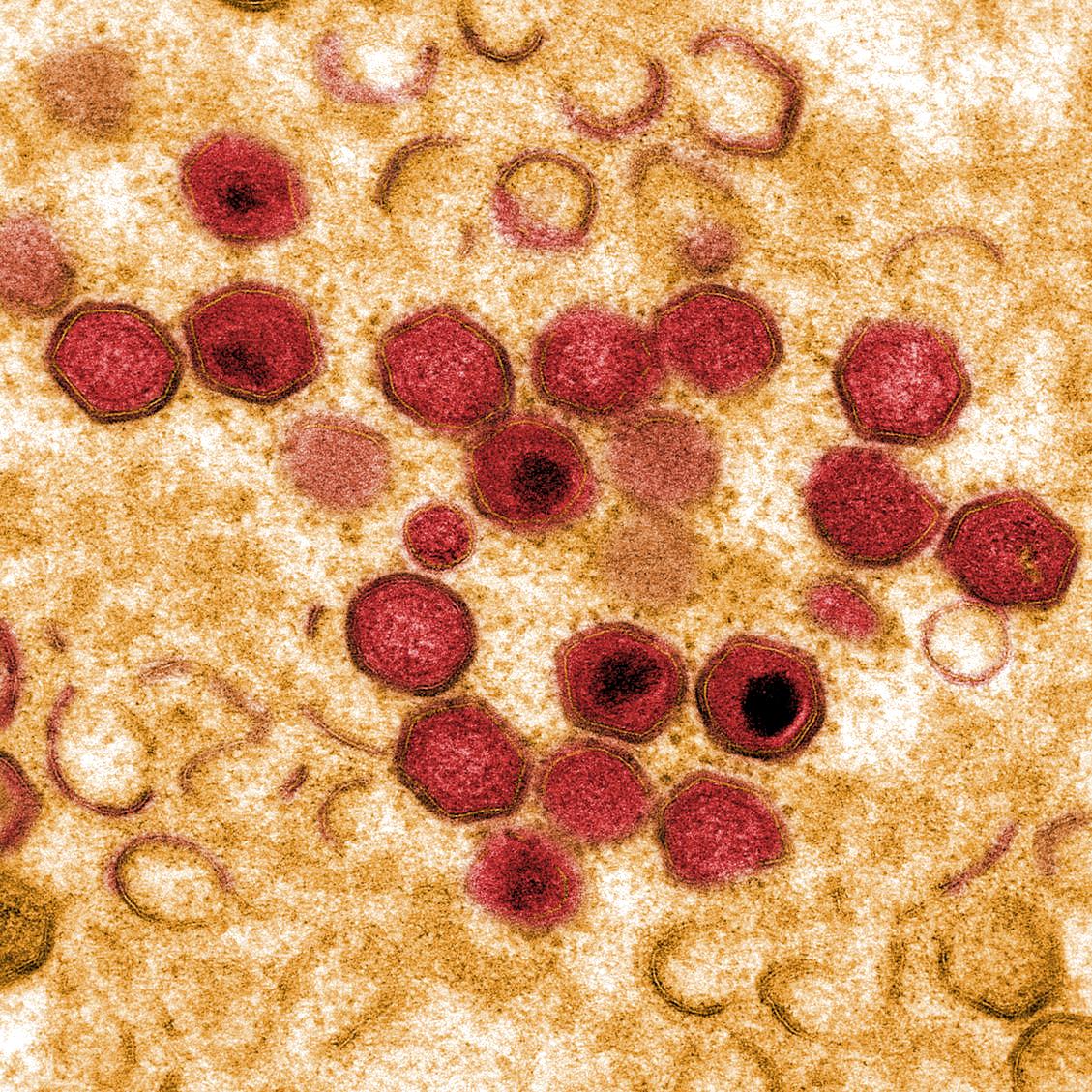Comparison of macrophage responses to African swine fever viruses reveals that the NH/P68 strain is associated with enhanced sensitivity to type I IFN and cytokine responses from classically activated macrophages
African swine fever (ASF) poses a severe threat to the global pig industry for which currently there is no available vaccine. The aetiological ASF virus (ASFV) has a predilection for cells of the myeloid lineage, however little is known about its interaction with polarised macrophages. This study focused on the in vitro interactions of porcine monocyte-derived un-activated (moMΦ), classically (moM1), alternatively (moM2), and IFN-a-activated macrophages with two genotype I ASFV strains: virulent 22653/14 and attenuated NH/P68. At a high multiplicity of infection, NH/P68, but not 22653/14, presented a reduced ability to infect moM1 and IFN-a-activated moMF compared to moMF. IFN-a activation resulted in a dose-dependent reduction in the proportion of ASFV-infected cells. Both strains replicated efficiently in all the subsets. While higher levels of IL-1a, IL-1β, and IL-18 were secreted by NH/P68-infected moM1 compared to 22653/14, both strains negatively affected moMF ability to release IL-6, IL-12, TNF-a in response to classical activation or stimulation with a TLR2 agonist. Our results suggest that ASFV 22653/14 covertly replicates in macrophages, compromising the development of effective immune responses. Attenuated NH/P68 has partially lost these mechanisms, which may enhance immune surveillance. A better understating of these mechanisms should aid the rational design of live attenuated ASFV vaccines.
